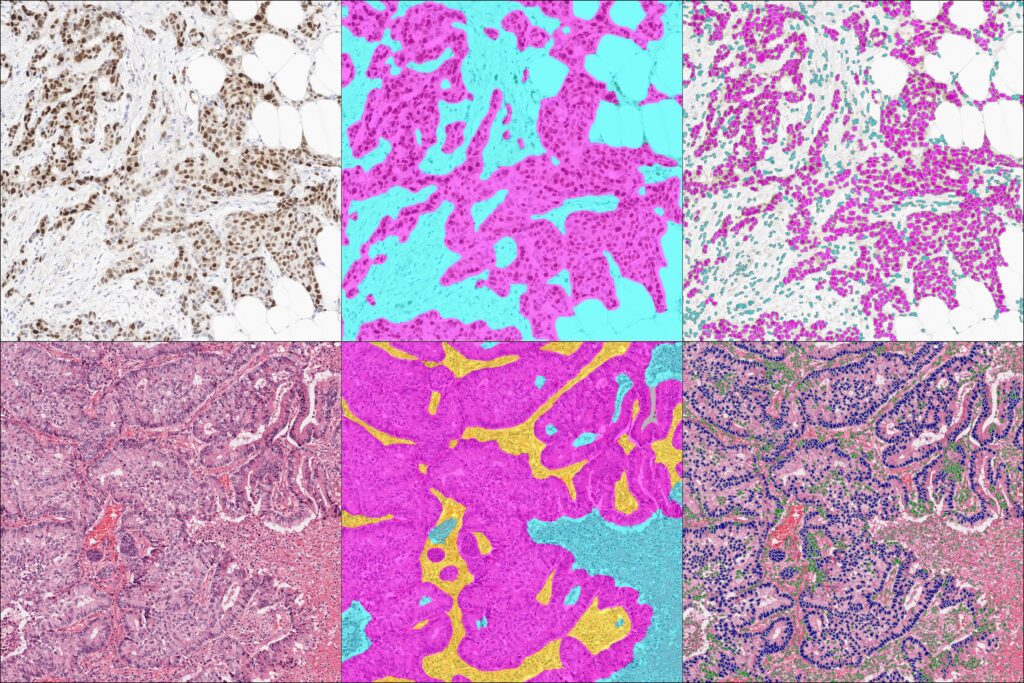Getting Started with Brightfield Image Analysis in HALO®
3 April 2025 | Join us for an introductory webinar on brightfield image analysis in HALO®, designed for beginners. We’ll walk through key digital pathology workflows, including singleplex, multiplex, and H&E image analysis. You’ll learn essential object detection methods for identifying cells, tissue structures, and regions of interest.
Getting Started with Brightfield Image Analysis in HALO® Read More »









